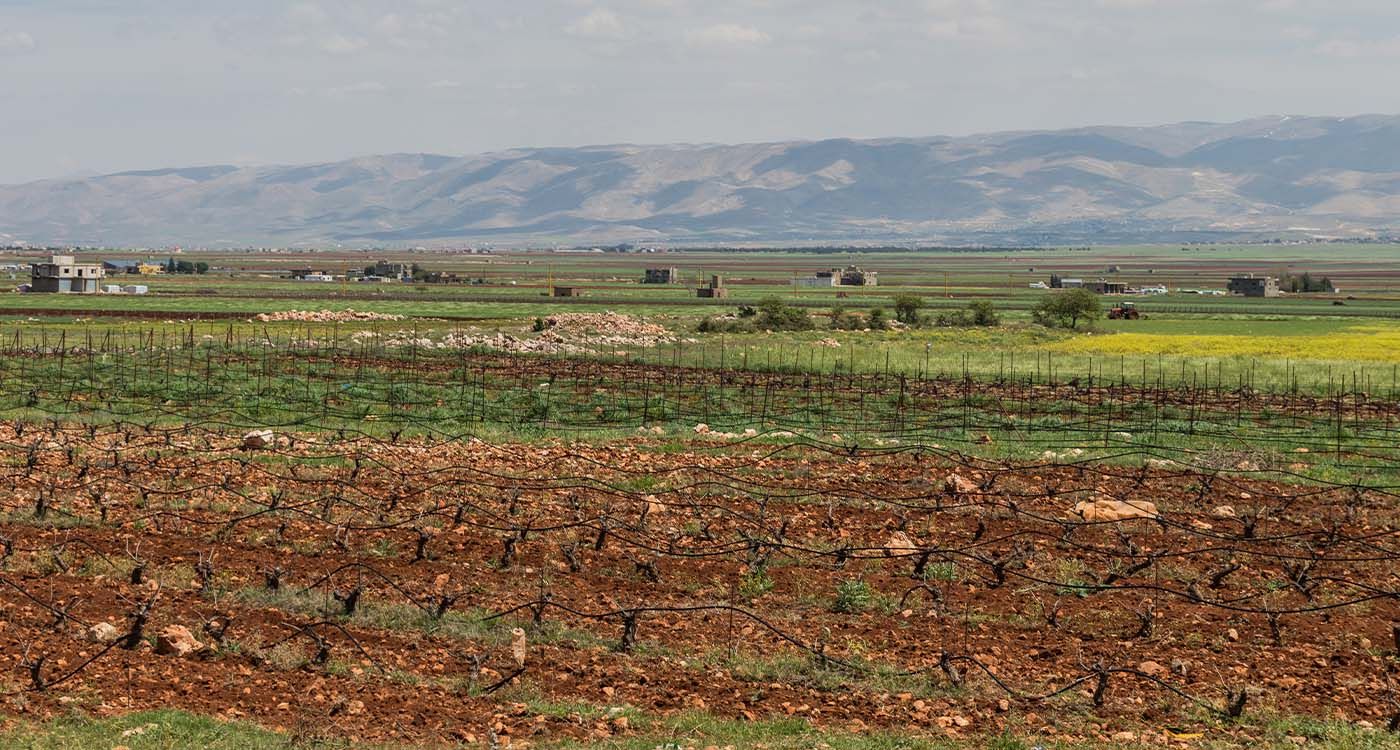
The average Lebanese vegetable basket is fast becoming a luxury. In recent weeks, fruit and vegetable prices have soared, raising concerns among consumers. With thinning market stalls and tightening budgets, the month-end salad has become an expensive indulgence.
Think your tomatoes are overpriced? It’s not a pricing trick. It's the harsh reality of Lebanon’s agricultural market in 2025.
Amid unpredictable weather patterns, ongoing conflict, soaring fuel prices, and fertilizer costs reaching unprecedented heights, the prices of fruits and vegetables have climbed to new levels.
Ibrahim Tarchichi, president of the Bekaa Farmers’ Union, says prices have nearly doubled. The reason? Mother Nature has been erratic, with volatile weather patterns, while operating costs continue to soar. Simply put, when the timing of rainfall is off, irrigation expenses become a heavy burden. Growing tomatoes is a challenge when water is scarce.
Tarchichi sounds the alarm: the worst is yet to come in July, with another wave of price hikes expected. One major cause: a deepening water crisis. Artesian wells have all but dried up, and pumping water now costs ten times more than before. At this rate, watering crops costs more than filling up your car with fuel - and that’s saying something.
A leading farmer from southern Lebanon adds that other equally troubling factors are at play. “This year, alongside exceptionally low rainfall, numerous agricultural lands were damaged during the conflict between Hezbollah and Israel, causing a significant drop in production. Furthermore, many farmers, disheartened by the situation, have simply quit. As a result, demand remains steady, but supply has fallen sharply, creating a serious market imbalance,” he told This is Beirut.
Compounding the crisis, recent increases in fuel taxes and fertilizer prices have pushed costs even higher. “Traders, aiming to protect their margins, are passing these increases on to consumers. In this fragile chain, farmers carry the heaviest burden,” he says. “No, prices aren’t rising out of greed; they’re rising because survival is at stake,” Tarchichi emphasizes.
If swift action isn’t taken, a serious food crisis is on the horizon.
So if your lettuce tastes bitter these days, it’s not because it hasn’t been washed properly - it’s because it now costs a fortune.




Comments